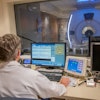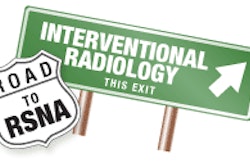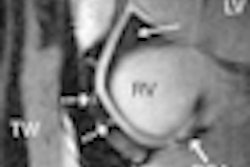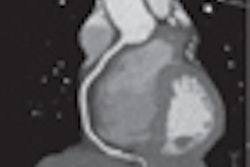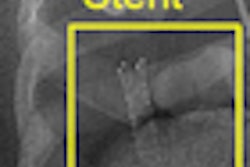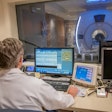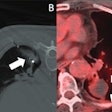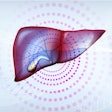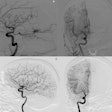Friday, December 3 | 10:40 a.m.-10:50 a.m. | SST16-02 | Room E353B
Radiofrequency ablation (RFA) is a good renal sparing alternative to surgery for patients with multifocal renal tumors, and the complication rate is no higher than for patients with single tumors, researchers from Wake Forest University Baptist Medical Center in Winston-Salem, NC, have found.Pushpender Gupta, MD, will discuss the use of RFA in 24 patients (mean age, 73 years) who underwent ablation of 85 renal neoplasms during 47 RFA sessions. The researchers tested for renal function (serum creatinine and estimated glomerular filtration rate [eGFR]) before each procedure, and they followed each patient for more than six months after the initial session. They evaluated short- and long-term effects on renal function and compared the results to the literature on partial nephrectomies.
The group treated a mean 1.9 renal cell carcinomas per session -- two patients had seven tumors and one patient had eight tumors treated. There was one serious complication (4.2 %), which required treatment. Mean follow-up after an RFA session was 3.1 years (range, 6 months to 6 years). Following RFA, there was no significant change in serum creatinine, but there was a significant decrease in eGFR after a single RFA session.
The risk of serious complications when using RFA to treat multiple renal tumors is not only low (4.2%), it is comparable to the rate reported for RFA treatment of single renal tumors, the authors reported. A mild but statistically significant decline in renal function can be expected after the procedure, but the mean decrease in eGFR after RFA is less than that reported for partial nephrectomy, Gupta will report.

